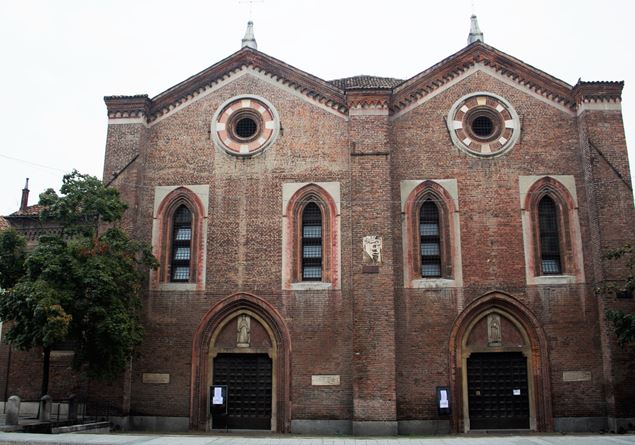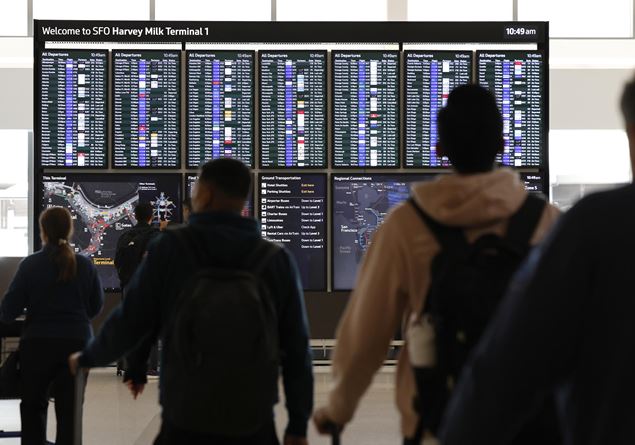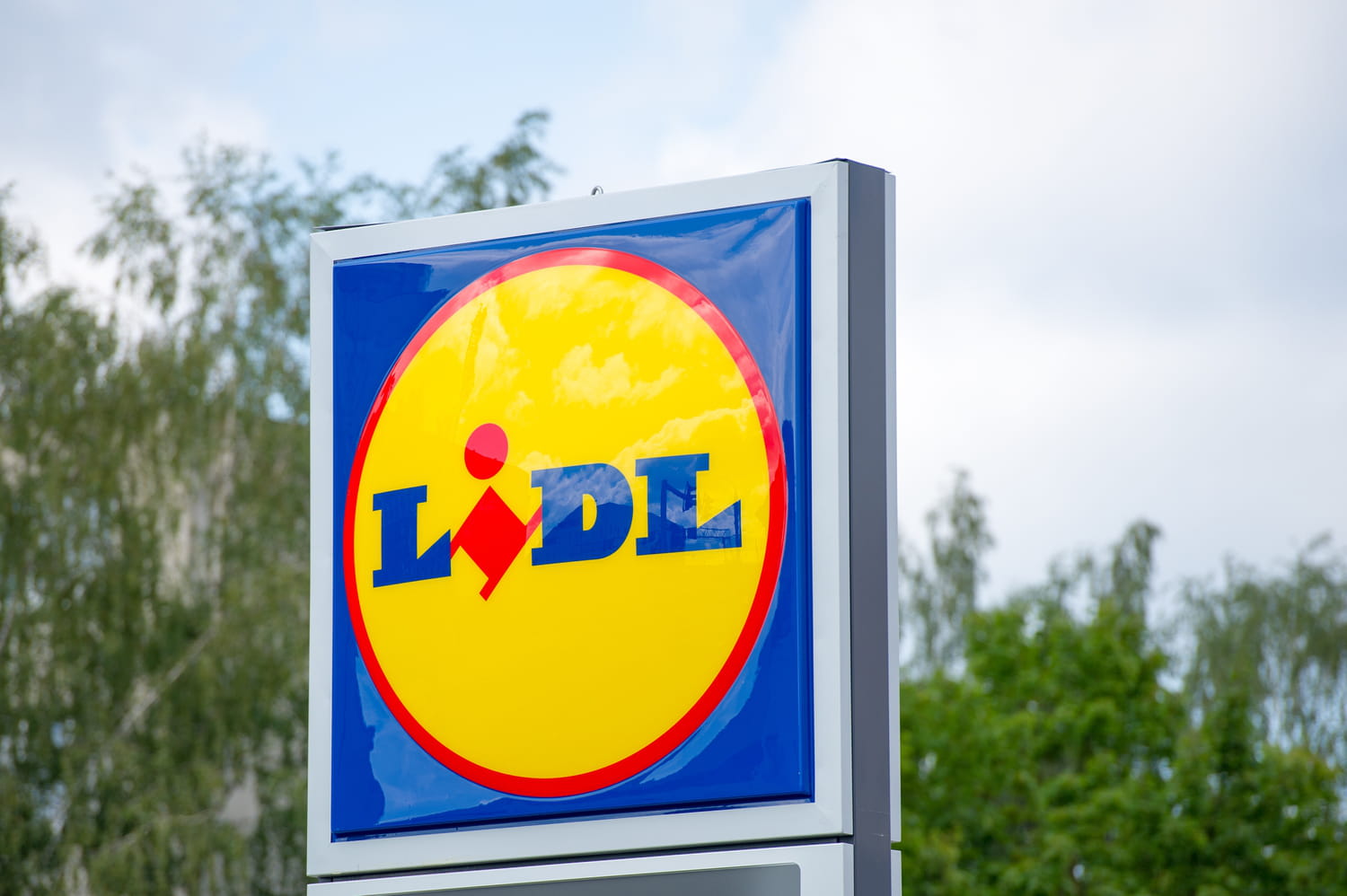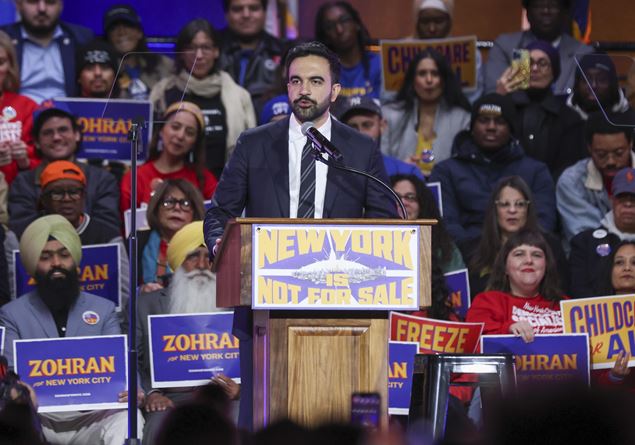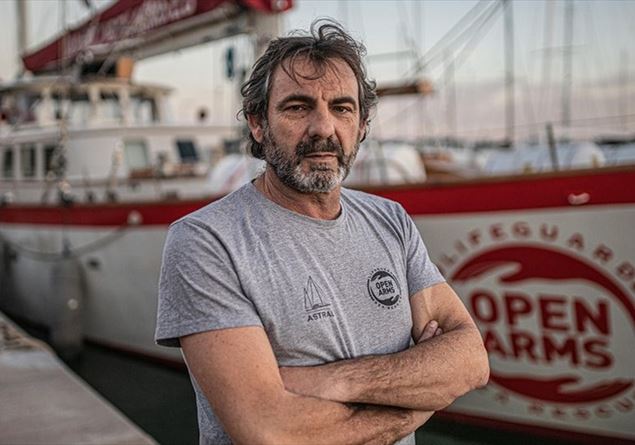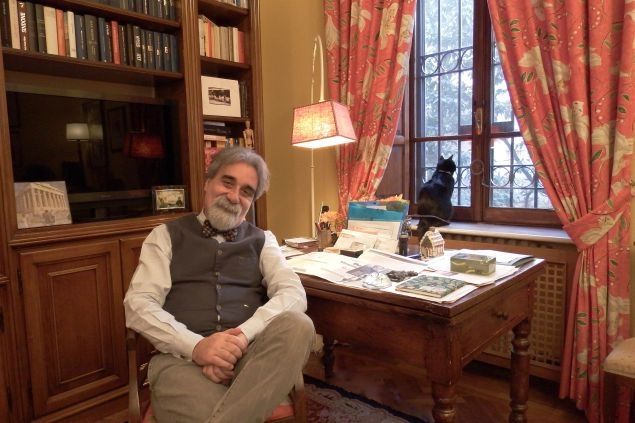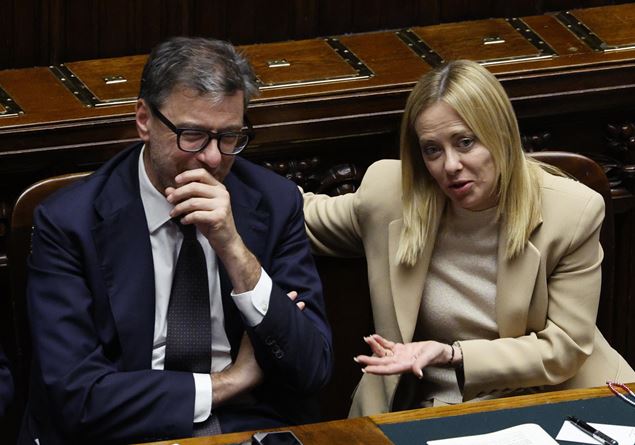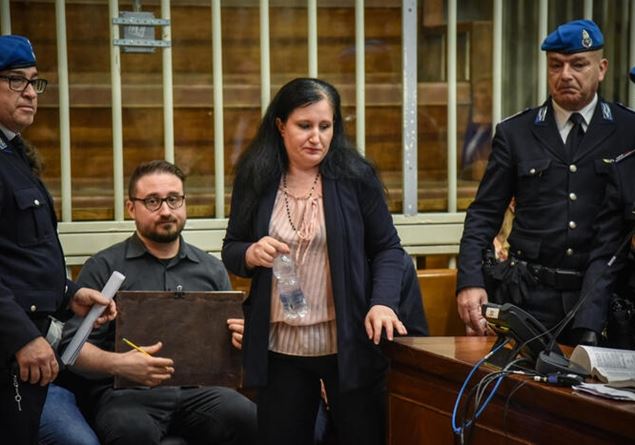Almost in silence, away from the spotlight, the recent shipwrecks in the Mediterranean tell the reality of those who continue to die at sea, despite the political agreements, despite the apparent decrease in arrivals behind which there are the continuous rejections in Libya. A reality that led to over 30 thousand deaths in ten years that Oscar Camps, 62, founder of the ONG Open Armsknows well. The Spanish non -governmental organization since 2015 has rescued over 72 thousand life with its fleet, despite having been like other organizations hampered by the Italian government with administrative blocks and forced to adapt to decrees that see more and more lengthening navigation times reaching distant ports in the center and northern Italy.
Camps received the Award for Mediterranean Culture 2025 For his commitment in civil society, a recognition promoted by the Cassa di Risparmio di Calabria and Lucania Foundation who for 19 editions has been rewarding internationally renowned characters who have contributed to their activity to deepen the different cultural expressions of the Mediterranean.
The Mediterranean that for Oscar Camps has been and unfortunately continues to be a sea of salvation, but also a sea of death.
In recent weeks there are at least three documented shipwrecks that took place off Lampedusa, the island where the bodies of Three sisters of 9, 11 and 17 years olda few weeks earlier, however, the dead were 27. «Every time a shipwreck occurs, pain and anger proves. Every lost life is a collective defeat: of policies that do not prevent, of insufficient rescue, of lawyers who are missing. But it is also an additional invitation to do more: to strengthen coordinated rescue and to guarantee rapid landings in a safe place, as required by the law of the sea. The numbers remind us that the Mediterranean remains among the most fatal routes in the world for those looking for protection ».
Since 2013 there are over 30 thousand dead in the Mediterranean: how to avoid other tragedies?
«For years we have been offering through numerous tools una coordinated rescue mission at European level: We have also suggested to a few MEPs to propose it as a amendment to the European budget. Then you need the possibility of one rapid landing: rescue ends only when people are on the ground in a safe place. Longer delays and routes increase the risk for those who have just been saved and reduce our ability to intervene on other alarm cases. Finally they need legal and protected ways: humanitarian corridors, resetting, reunification and humanitarian views to remove people from traffickers and fatal routes ».
Why are NGO ships punctually hindered with administrative blocks?
«Because a part of the policies aims at deterrence, even at the cost of limiting those who save lives. In Italy, the so -called Planted decree introduced further obstacles e From 2023 there have been over 30 decrees of detention notified to humanitarian boats».
What does it mean for civil society ships to direct a safe harbor away from the rescue scene?
“At sea Place of Safety It means a safe and close place where rescued people can be landed as soon as possible, receiving immediate assistance and not running further risks. Assigning ports very distant from the rescue area involves additional navigation days with people already extremely tried and reduces the possibility of intervening promptly on other alarms at sea ».
This year most arrivals in Italy is from Bangladesh: what’s behind the numbers?
«The official data show that in the first half of 2025 Bangladesi citizens represent the most substantial share of arrivals by sea. At the base there are several factors: the active recruitment networks along the Libyan and Tunisian route, the debt and the high costs of the journey often repeated several times. To this is added the impossibility for people from Bangladesh to move regularly: to move they must always request a visa, which is not guaranteed at all. Finally, a crucial element concerns the climatic dimension: Bangladesh is in fact among the countries most affected by the effects of climate change, in the face of completely insufficient international support ».
12 years from 3 October 2013 at the Favaloro pier of Lampedusa we continue to attend the same dramatic scenes, such as that of parents who cry their children who have not been able to save themselves during the crossing …
«No mother would put her son on such a dangerous boat if it was not a hundred percent convinced of doing the best thing. You cannot comment on such a great pain as the loss of a child but it can be said that still today, in 225, too little is done to avoid these tragedies now announced ».
Why did the Mediterranean become a black hole? Is it also for information operators?
«What happens in the Mediterranean is known to anyone who wants to see that reality. Those who do not talk about it is those who voluntarily close their eyes, and also the ears ».
Several times, humanitarian organizations have launched appeals to establish a research and rescue mechanism at European level, instead it was preferred to “outsource” to countries such as Libya, Tunisia and Albania …
“Externalization is the greatest investment of European foreign policy. To date, it is the only true system shared between the Member States and implemented. It is a matter of contracting non -European riviera states the burden of stopping the flows of people in motion in the face of very important donations of money. A model contested because it risks weakening the guarantees of the protection of human rights and jurisdictional controls “.
